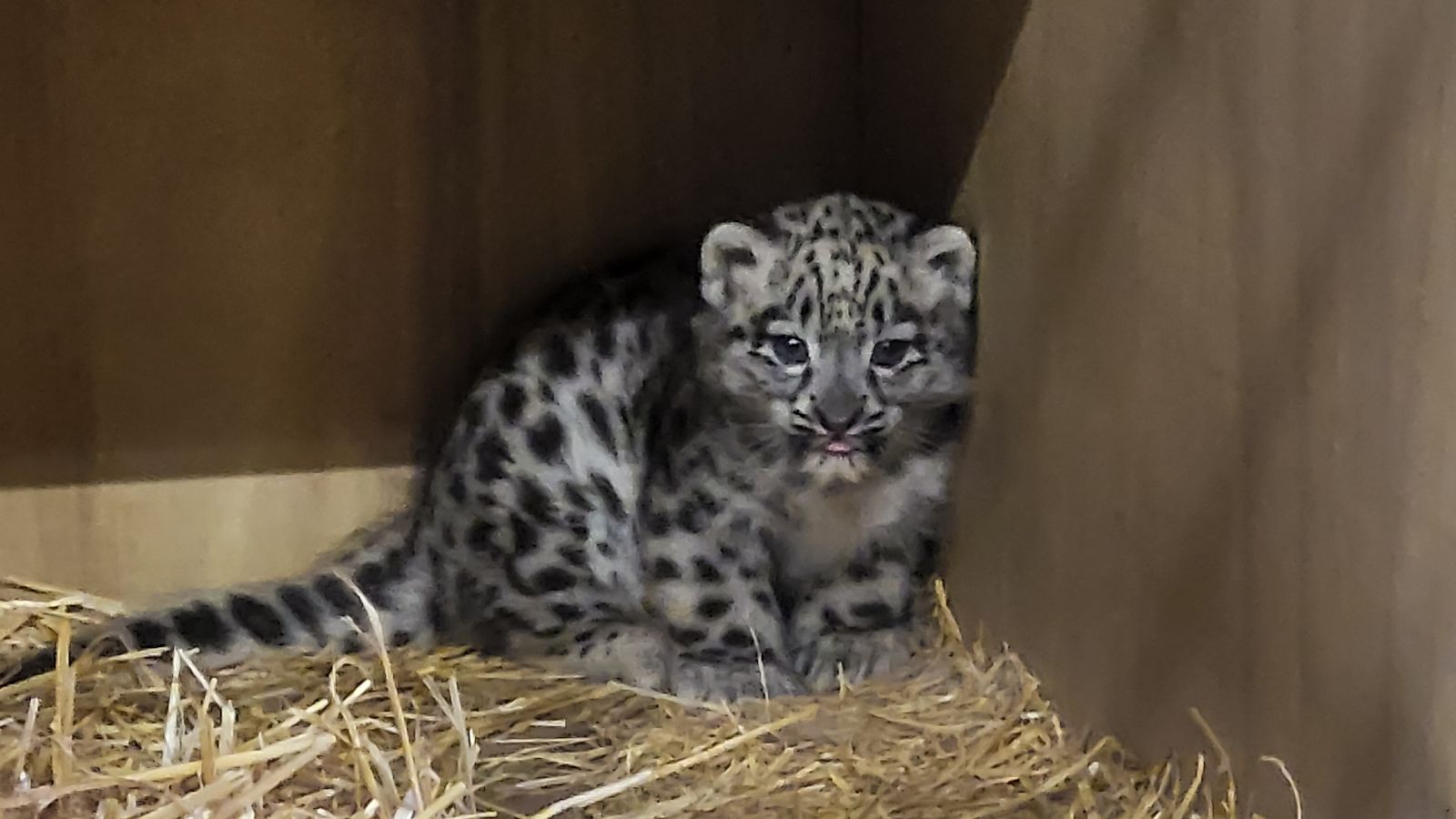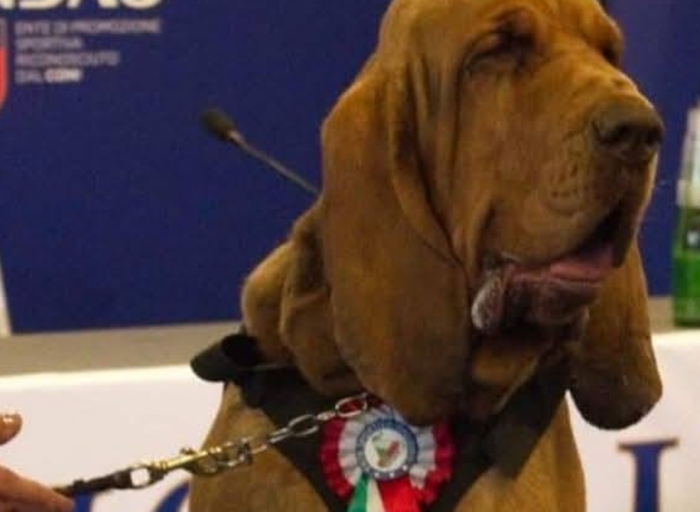A snow leopard cub has been born at Chester Zoo, England, UK to first-time parents, Nubra and Yashin, both aged three. The cub arrived on Tuesday, 10 June 2025, and has since been cared for in a secluded den where keepers have been observing the pair through hidden cameras.
Zoologists say mother Nubra has taken naturally to parenthood, nursing her cub frequently and rarely leaving its side except for short feeding breaks.
Now at six weeks old, the youngster is developing rapidly and may soon venture outside the den for the very first time.
Nubra and Yashin were paired in 2024 as part of a global breeding initiative designed to protect the future of snow leopards, a species listed as Vulnerable by the International Union for the Conservation of Nature (IUCN). Fewer than 4,000 are thought to remain in the wild.
Often called “ghosts of the mountains,” snow leopards inhabit the remote, high-altitude landscapes of Central Asia and the Himalayas. Despite their isolation, the species continues to face serious pressures, including habitat loss, climate change, poaching and conflict with herders.
Dr. Mayukh Chatterjee, Regional Field Programme Manager for Asia, highlighted the broader impact of this birth:
“While the arrival of a cub here is a milestone, our commitment extends beyond the zoo. We’re working with The Snow Leopard Trust and local communities in countries such as Kyrgyzstan to safeguard snow leopards in the wild. By offering sustainable, snow leopard-friendly alternatives to traditional livestock farming, we can reduce human-wildlife conflict and prevent retaliatory killings. This collaborative approach has already shown results elsewhere, and we’re optimistic it can bring long-term benefits for both people and snow leopards.”
The cub’s birth comes just a year after the opening of Chester Zoo’s Himalayan habitat, a rocky, mountainous exhibit built with more than 600 tonnes of stone and scree to mirror the species’ natural environment. The space has provided an ideal home for Nubra and Yashin to settle and raise their first offspring.



